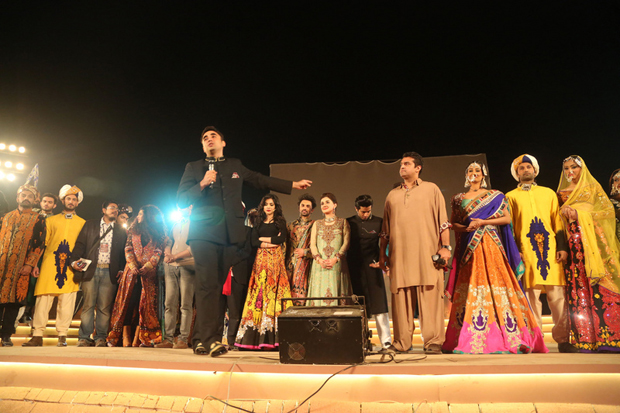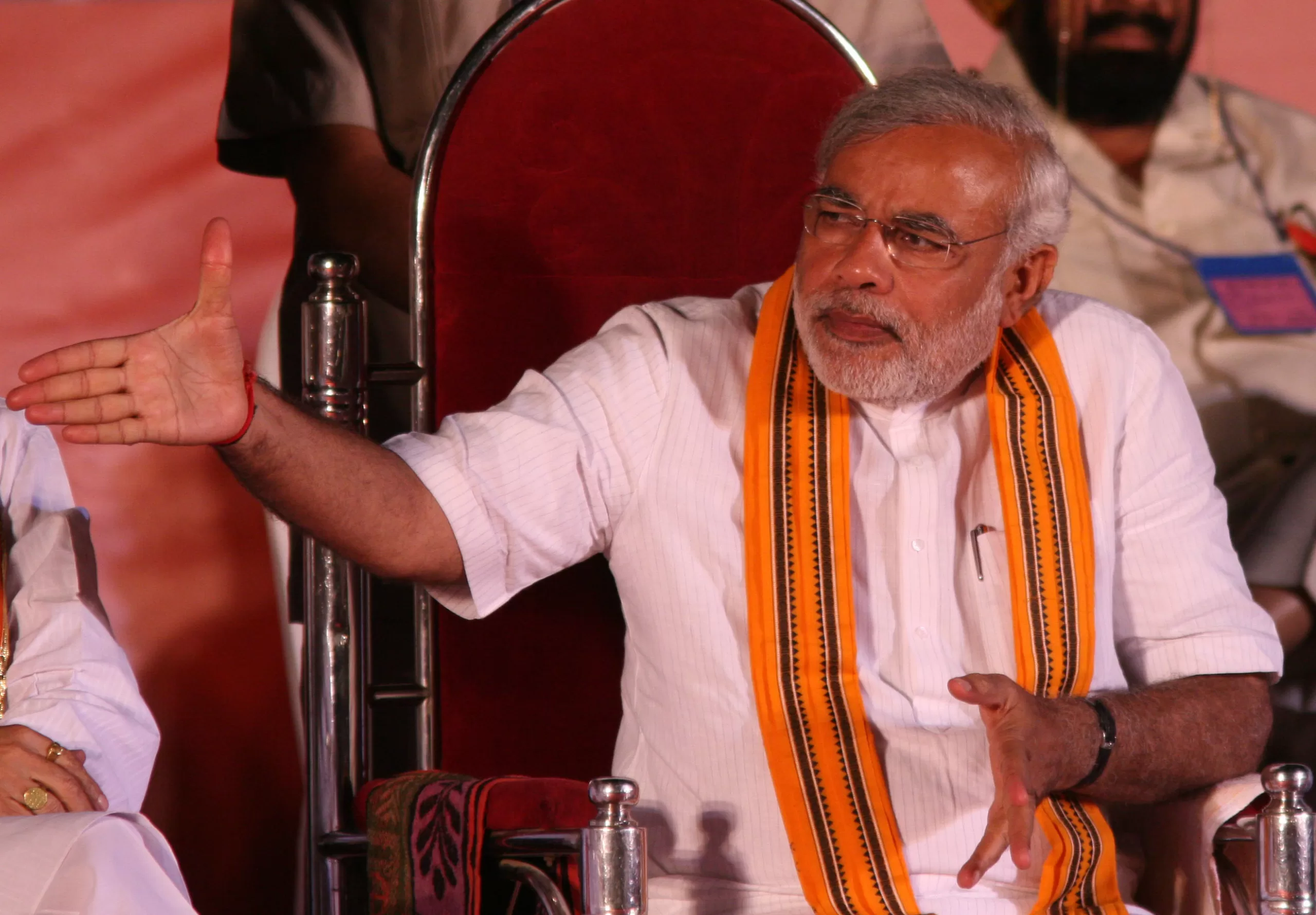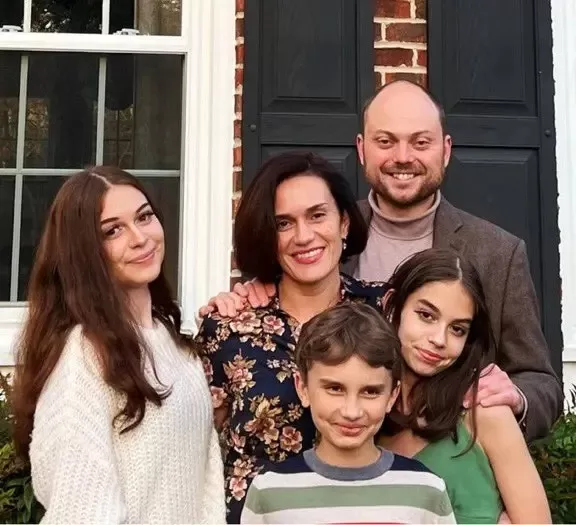
PPP Chairman Bilawal Bhutto Zardari addresses the opening ceremony of the Sindh Festival on 1 February (Photo: Jamal Dawoodpoto / Demotix)
Hoping to use culture to battle Pakistan’s slide into “Talibanisation”, the son of Benazir Bhutto kicked off a two-week-long arts festival on 1 February to offer an alternative to what is perceived here as dithering by prime minister Nawaz Sharif, who announced he was giving “peace another chance”.
After a spate of violent attacks in January, Pakistanis assumed Sharif would crack down on the Taliban with an iron fist. However, in a speech on 29 January, Sharif opted to promote talks instead. Critics immediately pointed out the repeated violations of peace accords signed by the Taliban.
Finding it a “characteristic feature” of Pakistani politics on matters of national security, Ambreen Agha, a research assistant with New Delhi’s Institute for Conflict Management said: “Mr Sharif finds it convenient to keep the nation busy with his idle pursuit of rhetoric, with nothing concrete being done.”
Among the many who are tired of hearing about the peace talks with the Taliban is 25-year old Bilawal Bhutto Zardari — the son of the assassinated former prime minister — who believes Pakistan has “exhausted the option of talks”, arguing that the militants need to be beaten “on the battlefield”. He recently put forth his point of view to BBC’s Lyce Doucet.
Despite threats from the Taliban and other armed groups, Zardari, who is also the chairperson of the Pakistan People’s Party (PPP), has begun waging a war of words against them where others have been silenced. He has urged politicians to “wake up” to the looming threat and unite against the Taliban.
“Though Bilawal’s idea of political will sounds positive, I doubt that this idea is there to stay,” said Agha and added: “Like many of his predecessors he is susceptible to fall on the same track of delays and betrayals. But, if he is willing to take the bull by the horns, which in my opinion is not even a rudimentary possibility, he needs the much called for political will.”
Zardari is spearheading the cultural festival. In a televised advertisement, in which he is seen as a head of state addressing a nation, he is declaring a “cultural coup” to fight the threat posed by the Taliban to Pakistan’s civilisation. The opening ceremony extravaganza that started with a light and music show at one of world’s ancient ruins of Mohenjo Daro — much to the disapproval of conservationists — included kite-flying, donkey cart races, cricket matches, fashion shows, theatre, music and literature.
But many in Pakistan refuse to take him seriously. He is often scoffed at for his anglicised Urdu accent, his exile in Dubai and London and his English education. Critics believe his sudden passion for reviving Sindh’s culture is misplaced.
Agha finds him “distanced from his own society, standing on a pedestal too high to be reached”.
“Of course there is a lot of criticism of him and many consider him out of touch of with reality,” agreed Islamabad-based independent journalist, Taha Siddiqui, but added: “His coming back and making this effort…it’s commendable…”
Siddiqui has been travelling the length and breadth of Pakistan for the last several years and has seen the “creeping radicalisation and religious extremism” in not just Sindh but all over the country.
While he believes the festival such as the one organised by Zardari will be a small step, more needs to be done to stem rising extremism, like revamping of school curriculum, checks and balances on religious seminaries, and for the state to clearly label the Taliban as the enemy which it has so far been unable to do.
“Unless all of these and such other measures are taken together, we will see Pakistan moving further down the trap of Talibanisation,” Siddiqui concluded.
Conceding to a need for a more holistic approach to fight Talibanisation, Agha said that while the cultural synthesis may rejuvenate the lost cultural ethos and values of Sindh, the PPP chairperson will have to “penetrate deeper into the layers of Pakistani society and address the issues that bind the people culturally.”
This article was posted on 3 Feb 2014 at indexoncensorship.org





